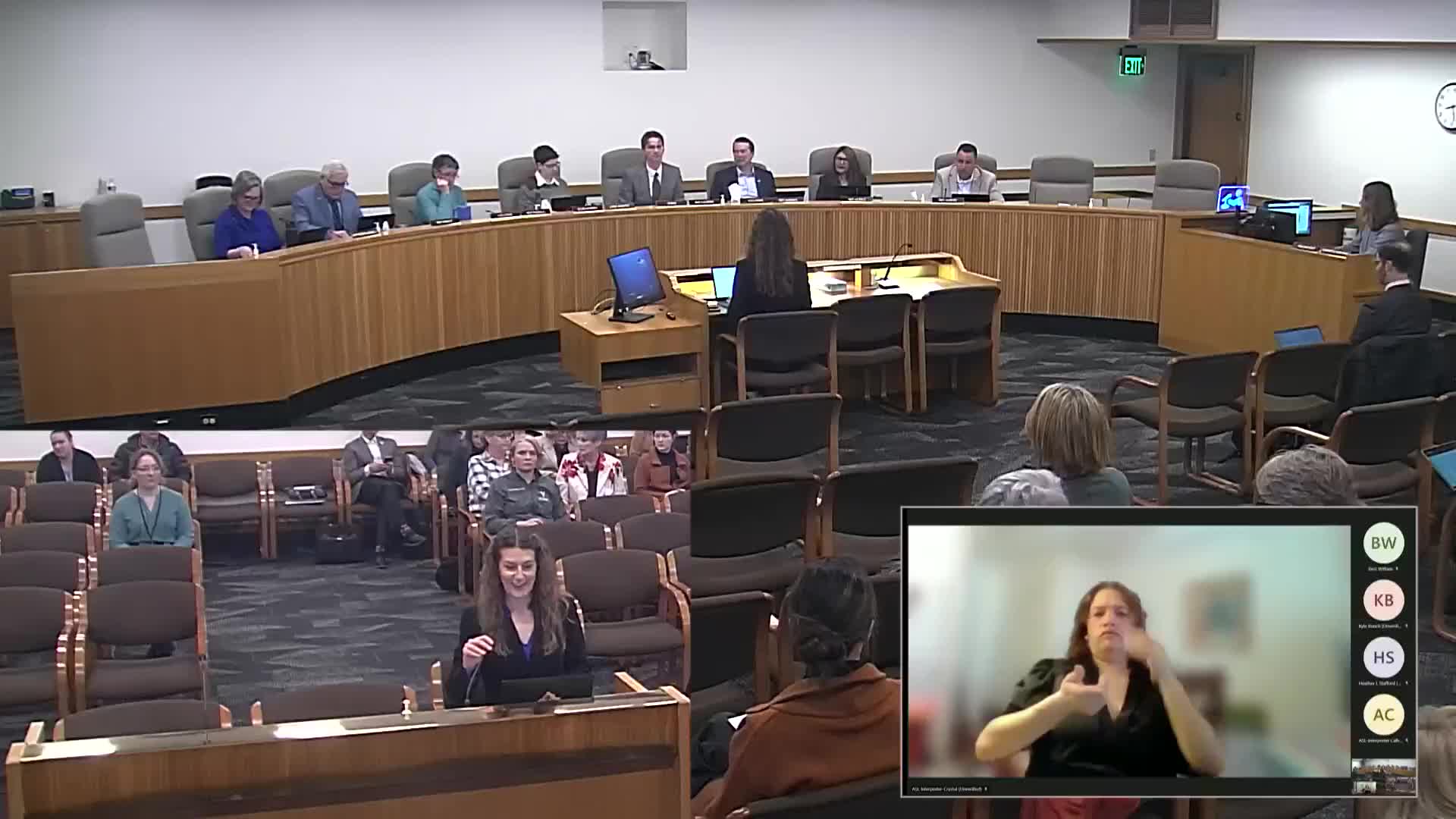Article not found
This article is no longer available. But don't worry—we've gathered other articles that discuss the same topic.
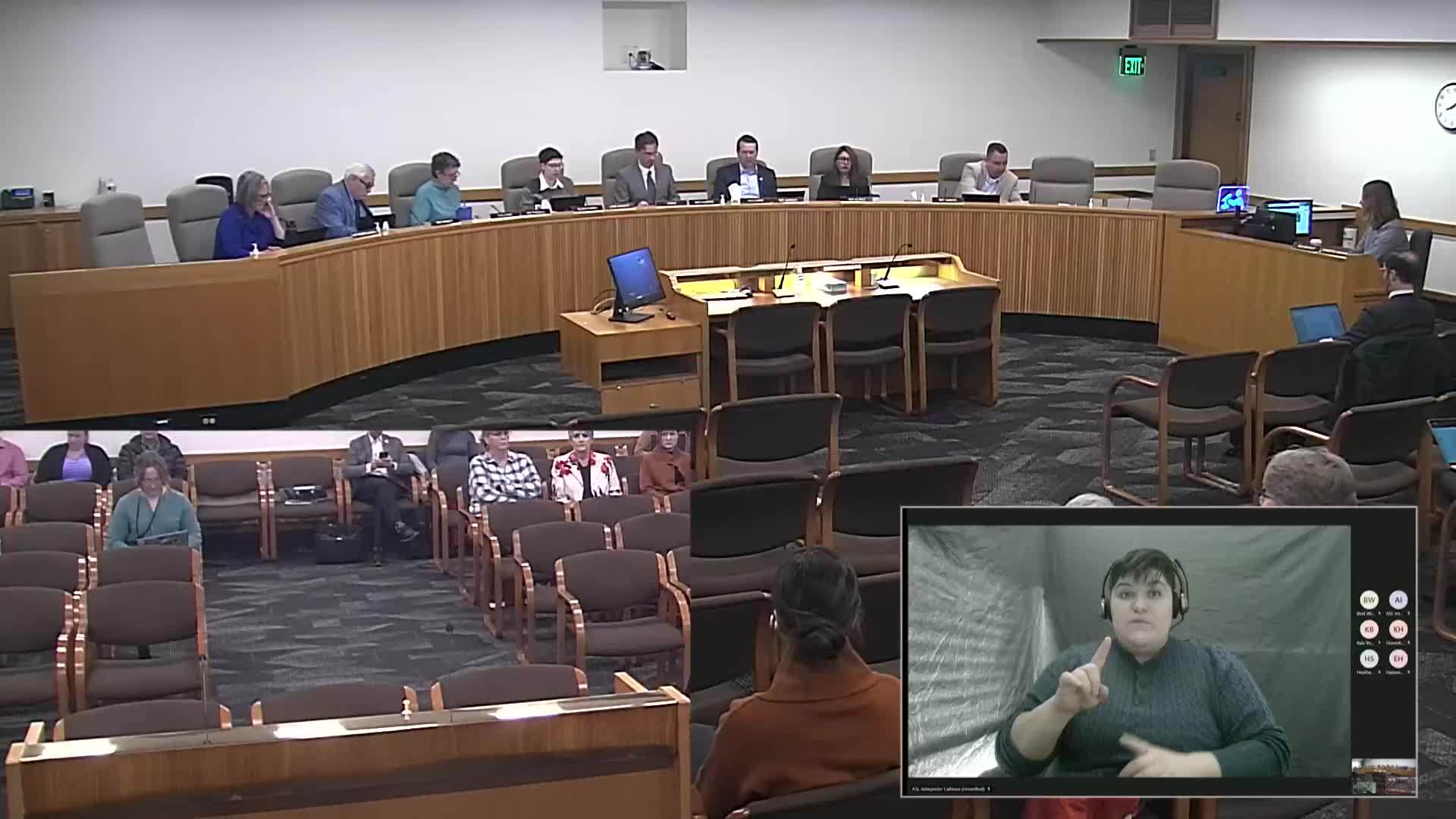
Committee adopts amendment to provide $150,000 for OSU Institute for Water and Watersheds
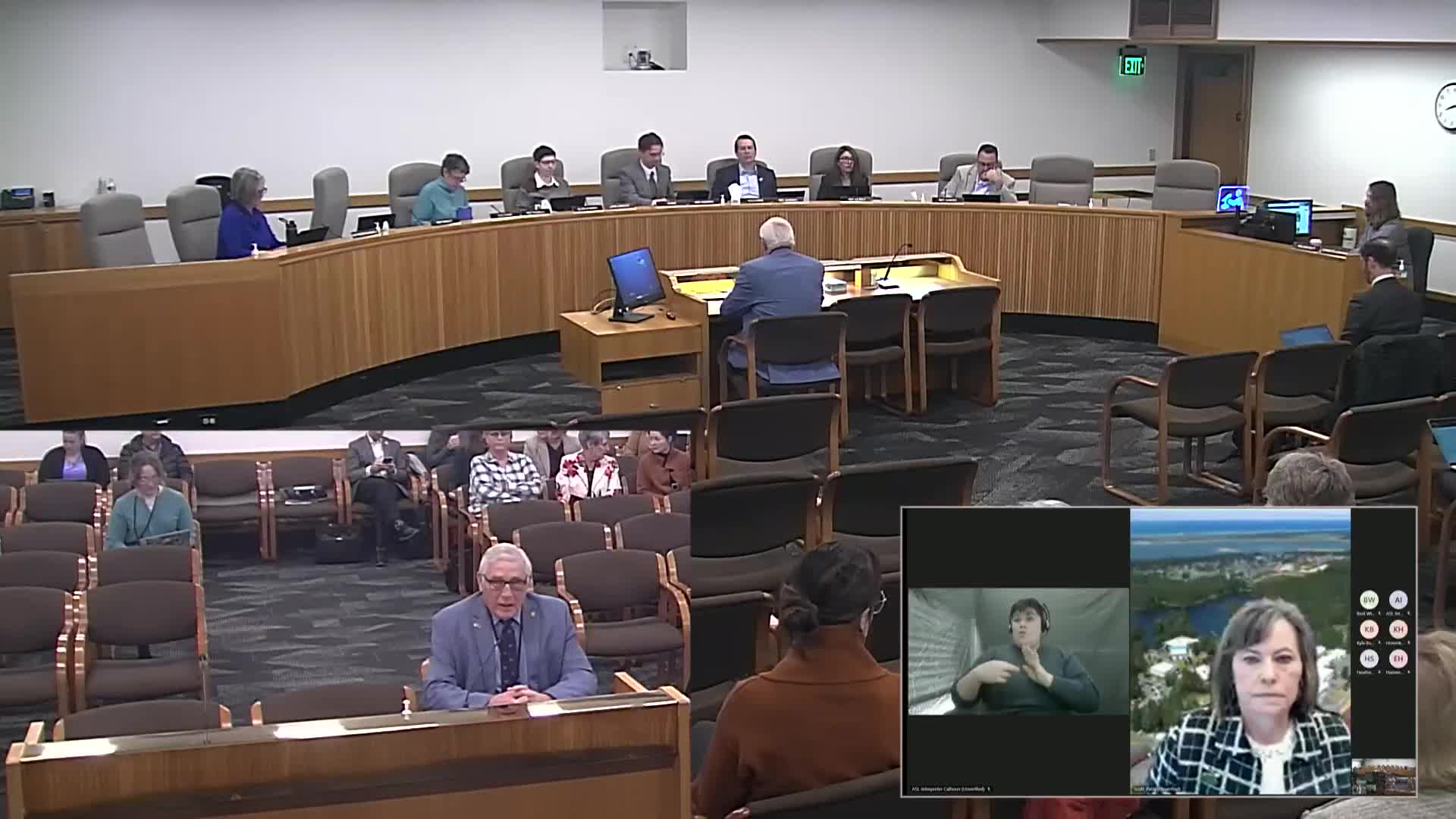
Southwestern Oregon Community College urges $250,000 for Tioga Hall elevator modernization
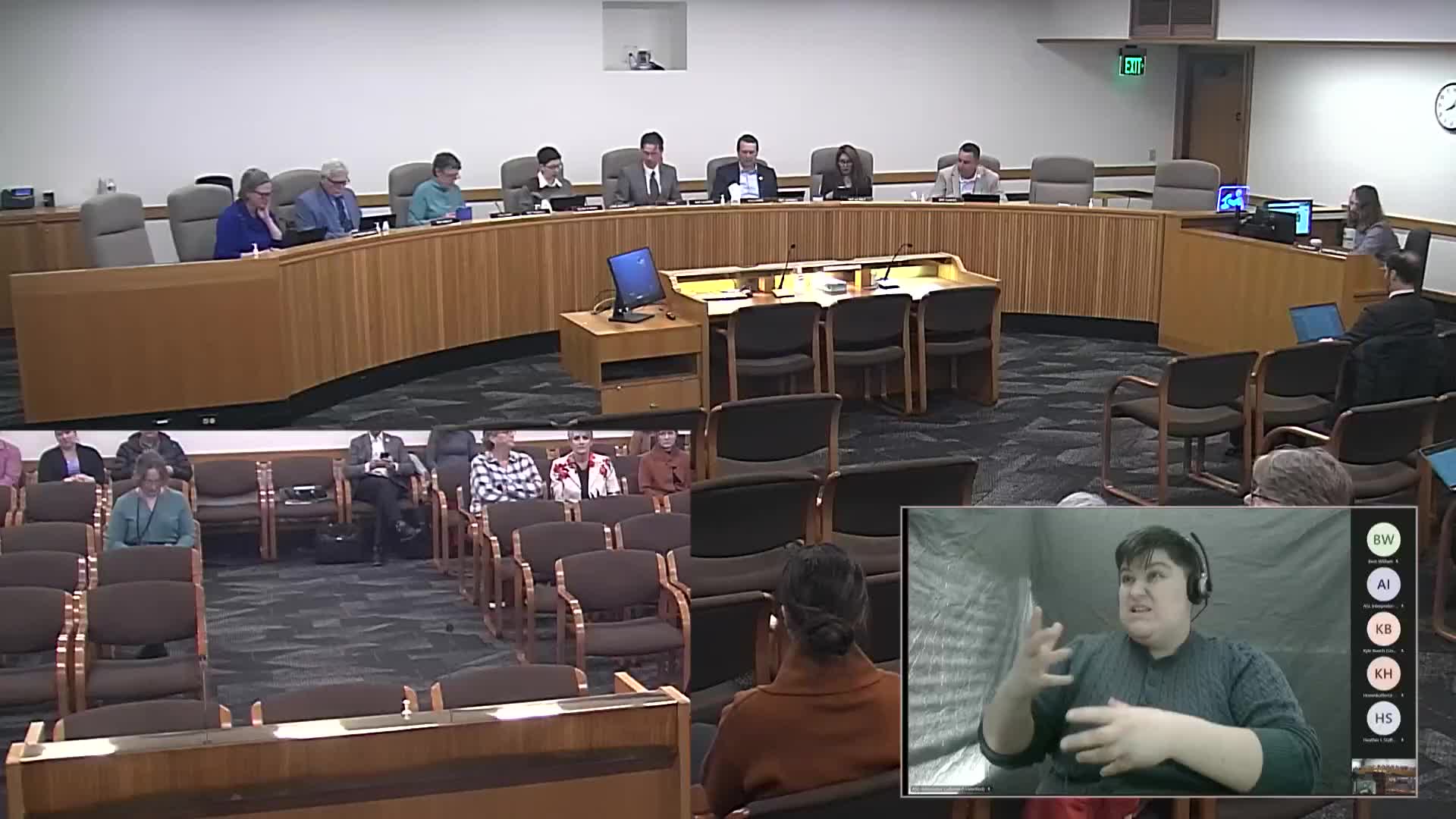
House committee approves $8.1 million amendment for Oregon Hazards Lab at University of Oregon
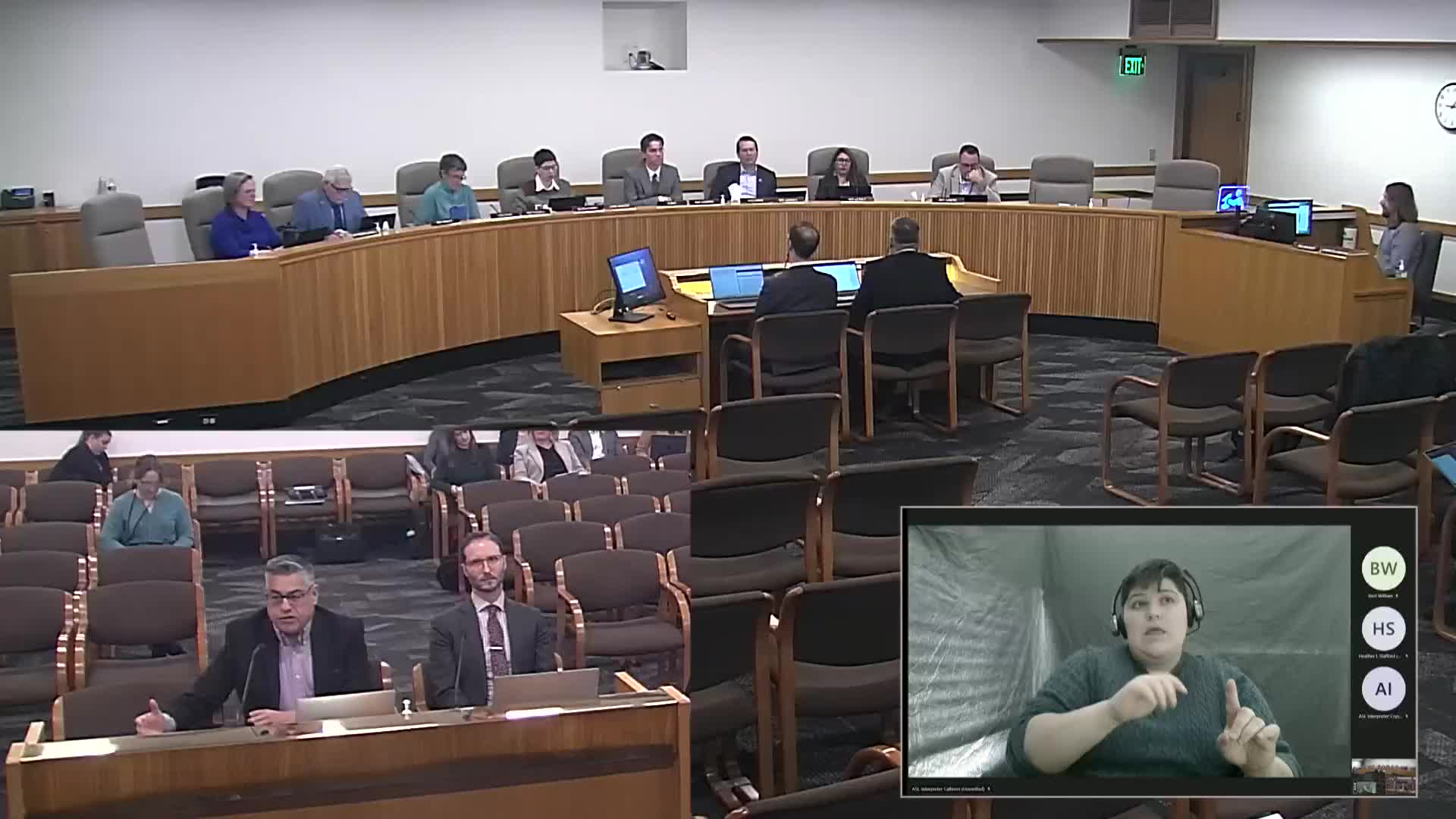
HEC presents workforce systems overview and outlines policy changes in House Bill 3,029
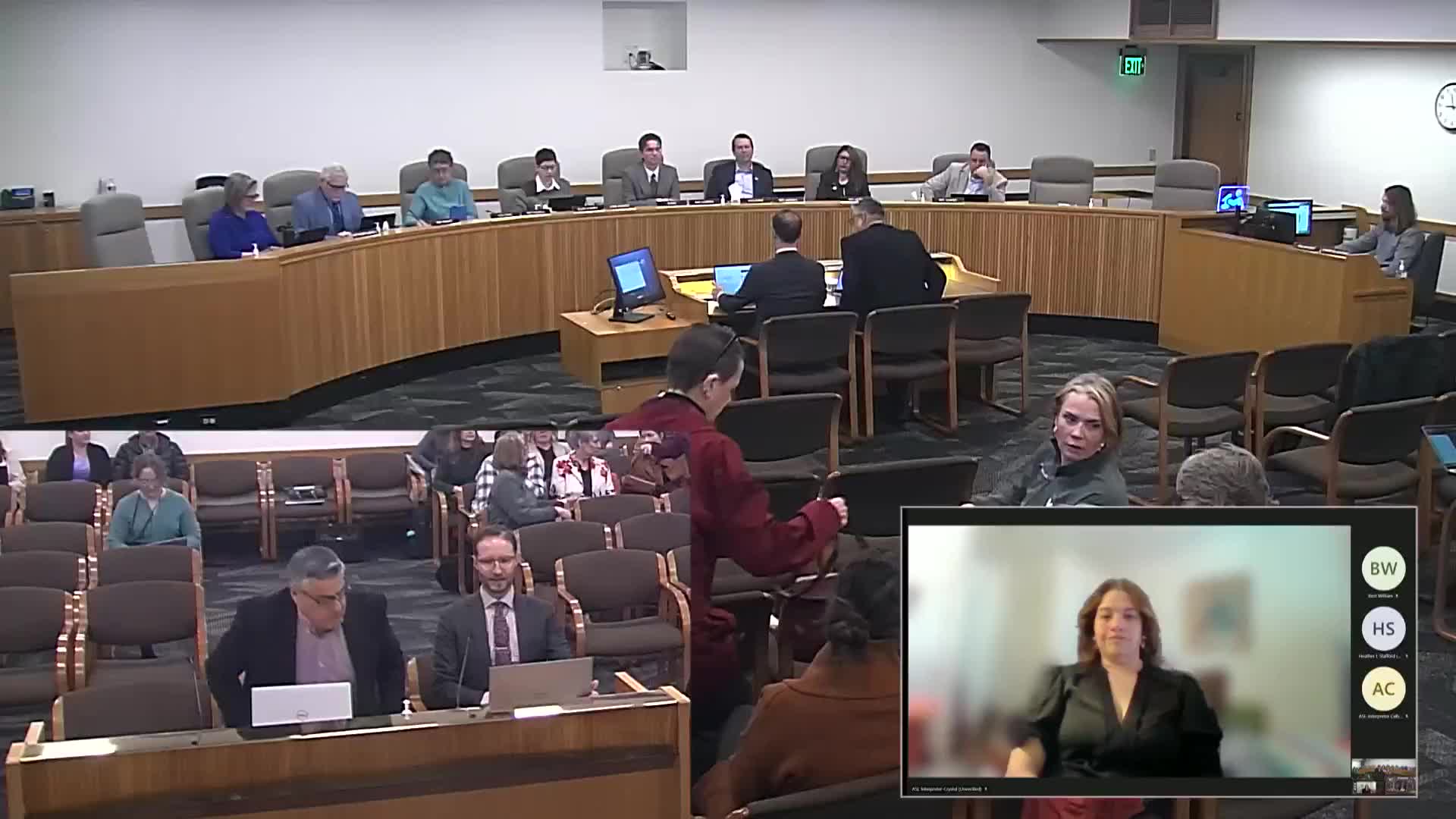
Higher Education Coordinating Commission seeks eligibility and award changes for Oregon Opportunity Grant (House Bill 3,025)
